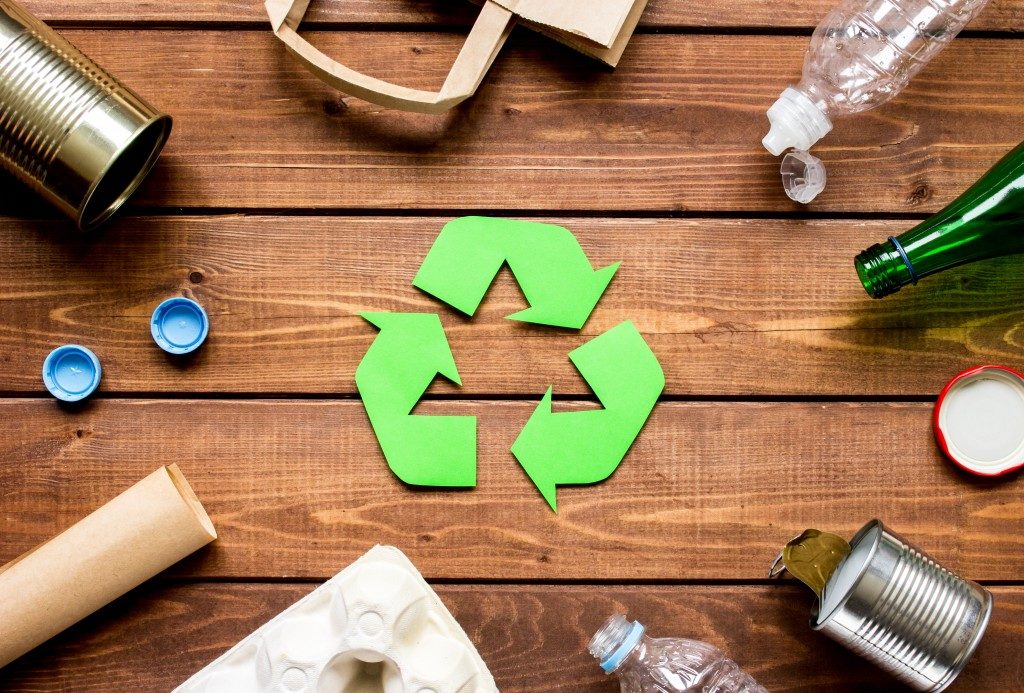With climate change and other environmental issues in recent headlines, the concept of “going green” has become more important. The government is constantly updating its strategy to tackle the impacts of climate change, and several organisations are increasing their efforts to preserve the environment.
Colleges around the world are doing their part in implementing eco-friendly practices. For example, the University of Nottingham – known as the second greenest campus in the world – implements sustainable procurement of equipment, use of recycled materials in buildings and reduction of waste.
When you’re in college and weighed down with a busy schedule, going green is not at the top of your priorities. However, applying small changes in your daily routine can help protect and preserve the environment in the long run. It can also save you money in the process.
Here are 4 ways you can reduce your carbon footprint as a student:
Reducing Paper Usage
Paper is one of your main necessities as a college student. You use it for reading, essay submissions and notes. With the increasingly developing technology, it’s now an option to take notes on your electronic devices. This saves you money that could have been used to buy notebooks and flashcards. If you prefer to take down notes on paper, utilise the back sheet and opt for refillable binders than notebooks. E-books are also often cheaper than the physical copies, and you receive your copy right away instead of waiting for the book to arrive at your doorstep.
Conserving Energy and Water
You’re certain to burn out a lamp bulb while you’re studying all night. When you do, buy energy efficient LED bulbs as they are much more efficient than CFL bulbs. When you’re not studying or about to leave the house, turn off non-essential lights and other electronics to save electricity and lessen your bill.
As for conserving water, small habits go a long way: turn off the tap when it’s not in use, take shorter showers and do the laundry only when you’ve filled up the laundry basket.
Using Reusable Items
When living in student accommodations, especially in expensive cities like London, staying within your budget can be a challenge. You usually opt for affordable materials, some of which are not sustainable. Buying reusables may cost more at the moment, but they’ll save you money in the long run.
If you like caffeine, it pays to buy a reusable cup. Get a thermos if you’re willing to spend more so that your hot beverage will last you all day. Opt out of buying plastic water bottles and instead use a reusable one you can fill up from the drinking fountains on campus.
Reusing and Recycling

Instead of buying new items for your home, look around thrift shops for second-hand furniture and appliances. Make it a point to buy products that are reusable or made out of recyclable materials.
Take advantage of the recycling bins scattered around campus. If you’re living outside the campus, ask your landlord about the recycling policies in the neighbourhood. Make sure to segregate your trash and put it in its respective drop-off area.
As a college student, there are plenty of ways to become more environmentally friendly. By changing a bit of your daily routine, you can reduce your carbon footprint and make a small but significant contribution to reducing carbon footprint. You can save money on your way to going green, too.

